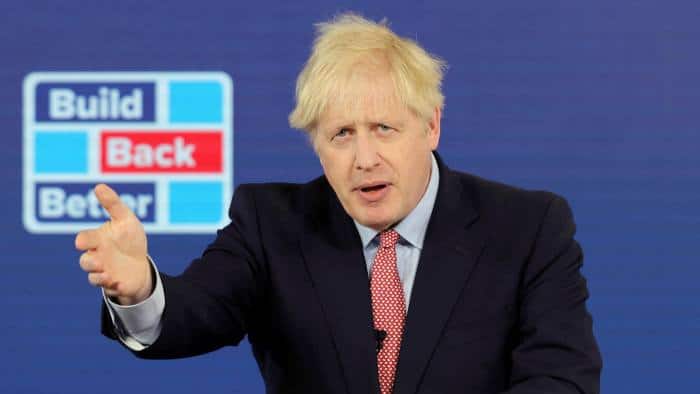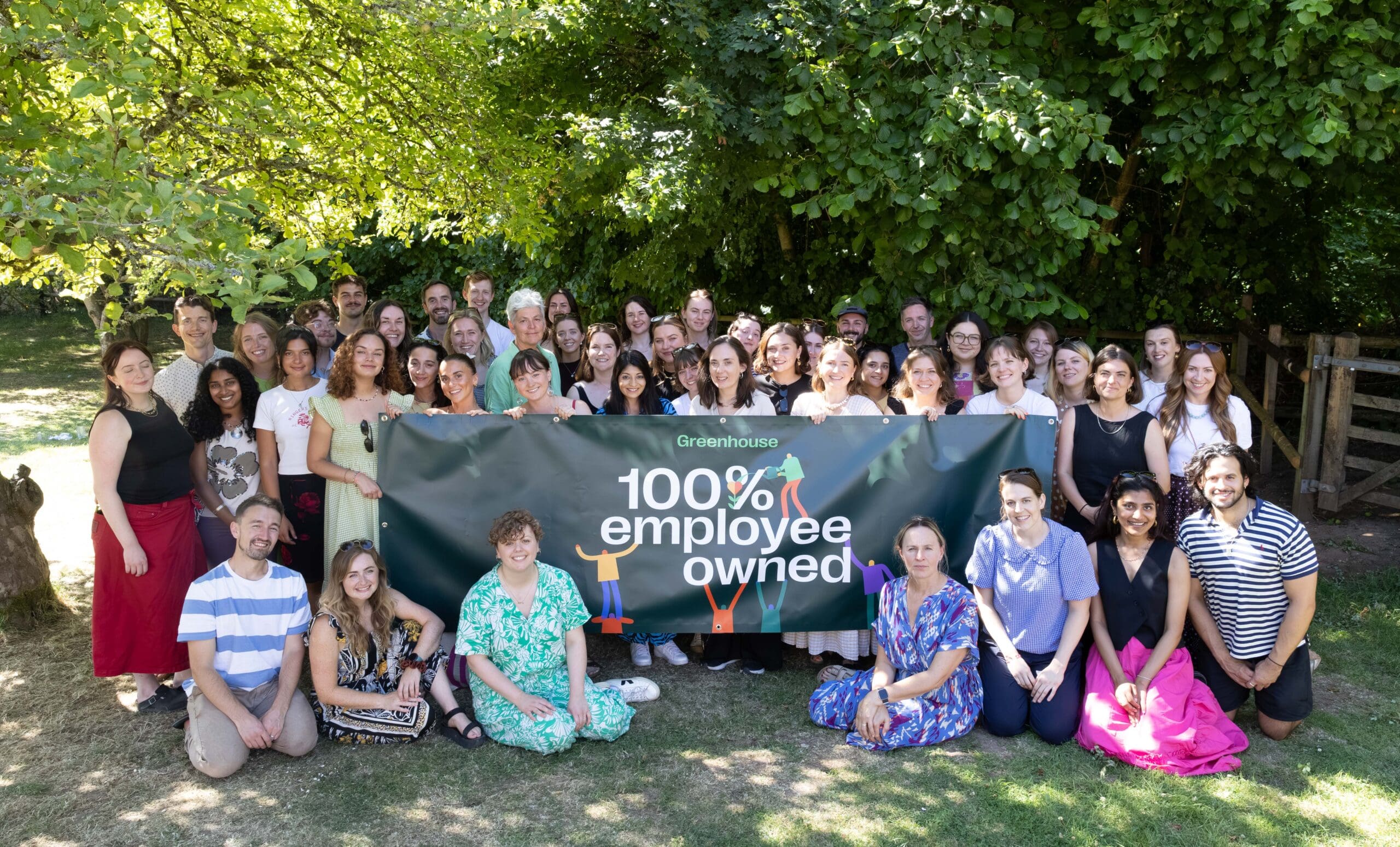Public Affairs environment news:
Conservative Conference special

Greenhouse Public Affairs provides a weekly public affairs environment news round-up across sectors including energy, transport and the environment. This week is a special edition including summaries of key panel discussions from the Conservative Party’s virtual conference. Sign up to our public affairs weekly round-up here.
Conservative Party Conference
At the Conference keynote address, Prime Minister Boris Johnson laid out plans to make the UK a world leader in clean wind energy. £160 million will be made available to upgrade ports and infrastructure across Northern England, Scotland and Wales to hugely increase our offshore wind capacity. This new investment intends to create around 2,000 construction jobs rapidly, and will enable the sector to support up to 60,000 jobs overall. Read more about the announcement here.
Taxpayers’ Alliance and the Institute for Economic Affairs led a panel discussion on whether a carbon tax is the right’s answer to climate change. Some see a carbon tax as the best free-market solution to climate change, but fear its costs could be onerous to businesses and citizens. The panel debated whether a carbon tax could be implemented, and the likely economic changes that would be needed for it to work. Read more about the discussion here.
The Conservative Environment Network led a panel discussion on market-led solutions to climate change. Decarbonising through private finance, the Sustainable Finance APPG’s report on development banks, and the balance between private and public leadership were discussed at this event. Panellists included the Sustainable Finance APPG’s Vice-Chair Gareth Thomas MP, Pensions Minister Guy Opperman MP, and CEO of the Green Finance Institute Rhian-Mari Thomas. Read more about the discussion here.
Bright Blue and the National Grid led a panel discussion on reducing the negative impacts for local communities in transitioning to a greener economy. The panel discussed consumer awareness, offshore wind developments, and the creation of green jobs in encouraging the uptake of net-zero utilities. Panellists included Chair of the Environmental Audit Committee Philip Dunne MP, Head of Energy at Public First Natascha Engel, and Deputy CEO of Renewable UK Melanie Onn. Read more about the discussion here.
The Conservative Environment Network led a panel discussion on decarbonising homes to reach net-zero by 2050. Topics of discussion included the uptake of technology, the cost to the consumer, and the government’s plans for encouraging uptake. Panellists included Minister of State for Housing Christopher Pincher MP, former Conservative MP and CEO of Challenging Ideas Laura Sandys, and Chair of CEN Sam Hall. Read more about the discussion here.
Climate & COP26
Bright Blue has published an analysis of UK public attitudes to the target of net zero carbon emissions by 2050. The findings show that a majority of the UK public are sceptical about achieving the net zero target, with 58% believing that the 2050 target will not be reached. National governments have the highest responsibility for achieving the target, but large majorities also think businesses, local governments, and the public are also responsible. Read more about the findings here.
Environment
A report by the Nature-Friendly Farming Network has called for the urgent rebalancing of nature and food production to halt the collapse of UK farming and tackle the wildlife and climate crises. The report brings together evidence and farmer stories that present the business case for farming in harmony with nature. It urges policymakers and the farming industry to make real commitments and take practical actions to support sustainable, climate and nature friendly agriculture. Read the full report here.
The Environment Agency has launched a new report urging water companies to improve their performance in protecting the environment. While serious water quality pollution incidents from water company sewerage and clean water assets has plateaued, the total number of pollution incidents has increased. The EA will also continue to prosecute water companies which fail to uphold the law or cause serious environmental harm. Read more about the report here.
New data shows a dramatic improvement in London’s air quality since 2020. It reveals that the number of state primary and secondary schools located in areas exceeding legal pollution limits (NO2) has fallen from 455 in 2016 to only 14 in 2019 – a huge reduction of 97 per cent. But London is still far off legal pollution limits. 24% of roads in inner London still exceed the legal limits for NO2, and only 1% of London meets WHO recommended limits for PM2.5. Read more about the data here.
Energy
The BEIS Select Committee has launched an inquiry examining the path to decarbonising heating in homes. It will examine the government’s ‘Buildings and Heat Strategy’, due in November, and investigate the policies, priorities and timelines which are needed to decarbonise heating in residential buildings. Domestic heat accounts for 13% of the UK’s annual emissions footprint ─ comparable to the contribution of all petrol and diesel cars. Read more about the inquiry here.
If you would like to talk to us about political engagement and public affairs, email us at public.affairs@greenhousepr.co.uk


